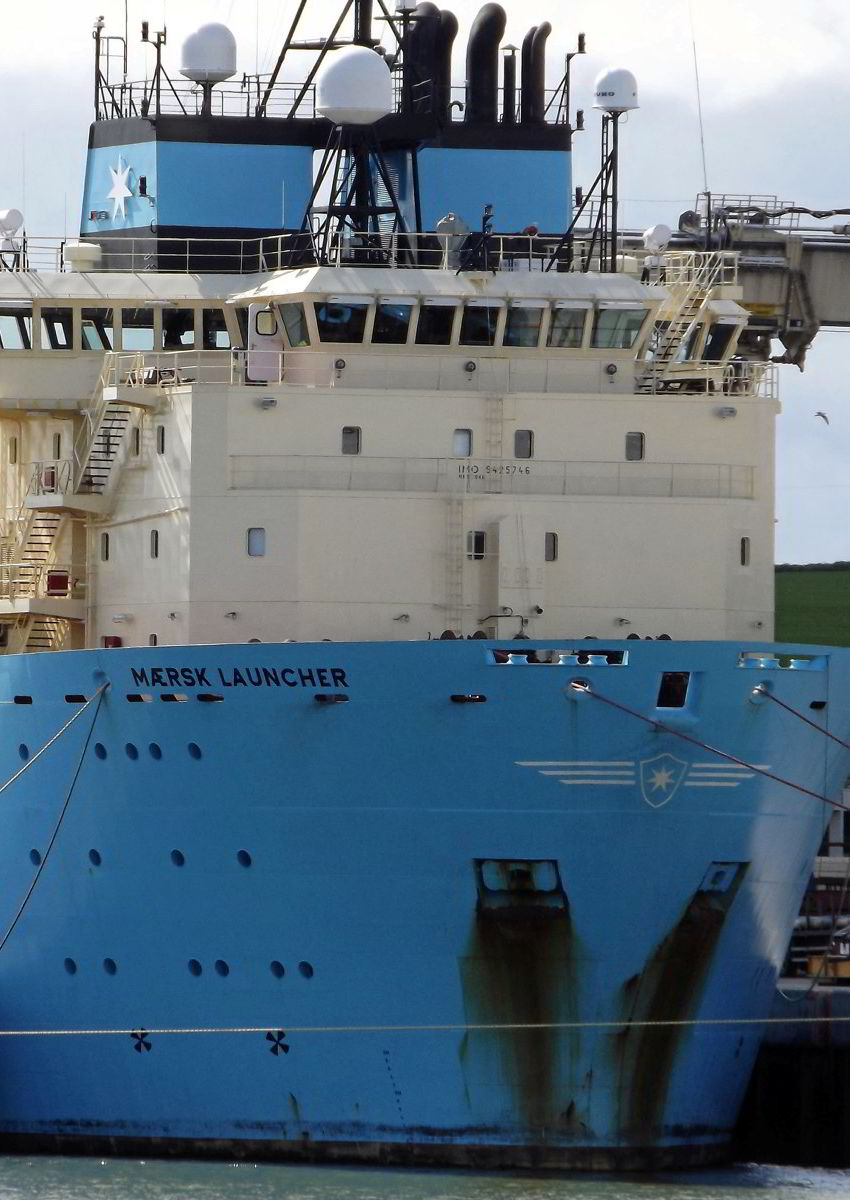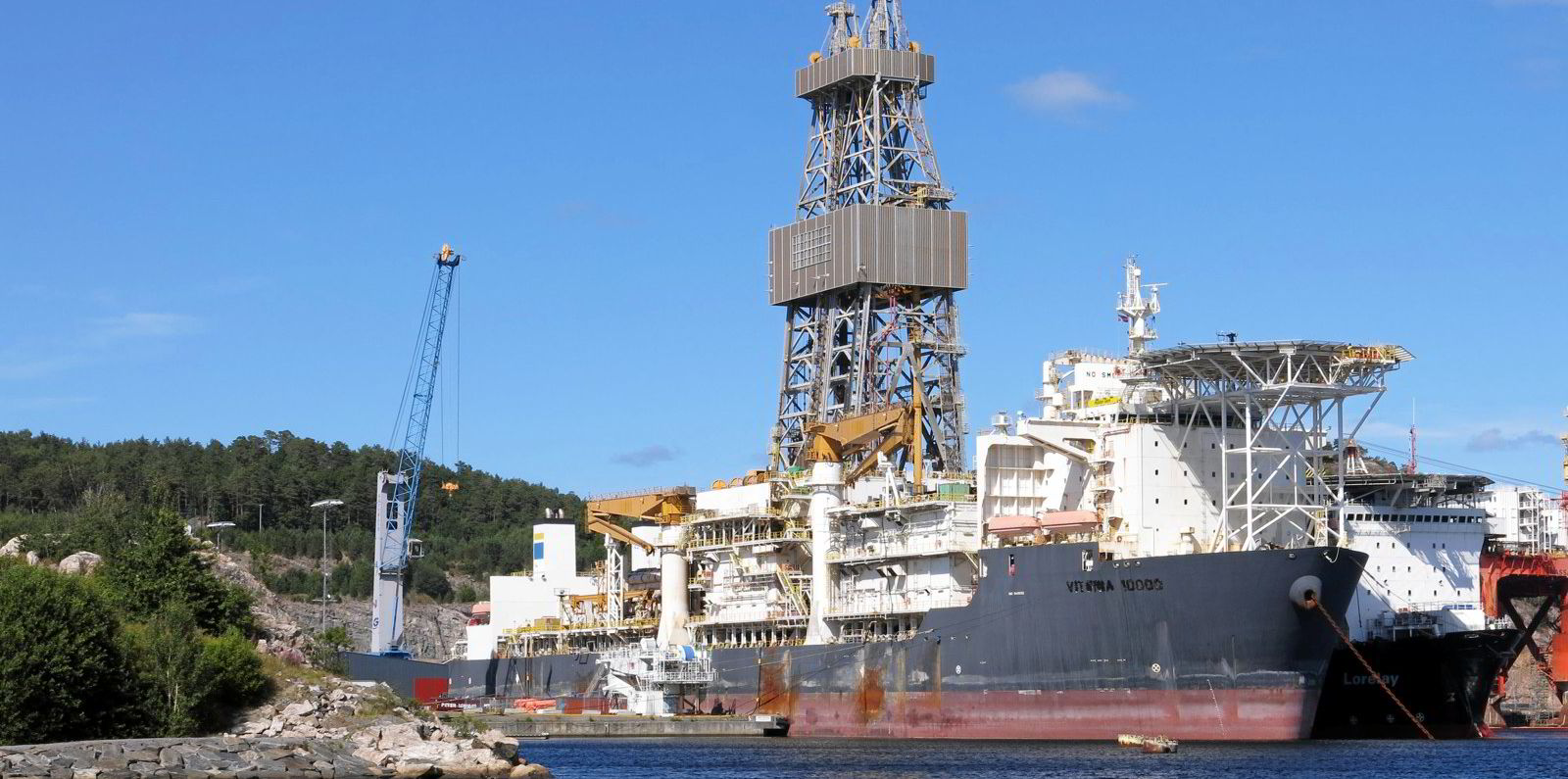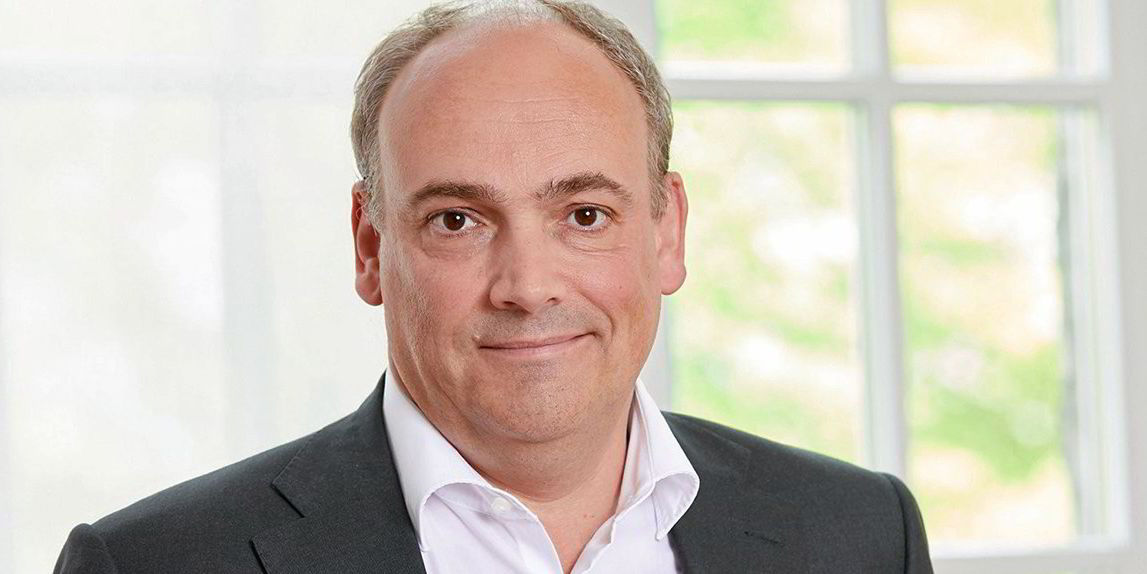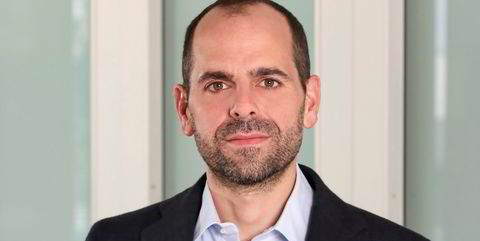A Canadian venture with backing from maritime and trading companies is forging plans for a fleet to support its deepsea mining plans.
Seabed mining company DeepGreen Metals plans to charter converted bulkers, and build or convert a production fleet, to exploit and transport up to 1.6bn tonnes of sea-bottom minerals.
The outfit is set to go public as TMC The Metals Co through a proposed transaction with a US blank-cheque company.
DeepGreen's agreement with $300m special-purpose acquisition company Sustainable Opportunities Acquisition Corp (SOAC) took place in March, and it is expected to close in the second quarter. SOAC's shares are on the New York Stock Exchange, but the combined company plans to move its shares on the Nasdaq.
The venture's significant operational and financial backing from global maritime and commodities players is set to continue in the TMC merger.
AP Moller-Maersk offshore vessel subsidiary Maersk Supply Service, Dutch driller Allseas and commodities giant Glencore are among its strategic investors.

Maersk Supply and Allseas have already been providing offshore service and specialised exploration vessels to DeepGreen. Glencore is involved on the downstream side, with an offtake contract for the venture's nickel and copper.
Maersk Supply has already built up an equity stake by accepting shares in lieu of charter hire, while Allseas will participate alongside other "strategic and institutional investors" in a $330m private investment in public equity (Pipe) placement. Glencore is also a shareholder.
With the Spac and Pipe money, TMC is expected to have some $570m in available cash with a pro-forma equity value of $2.9bn. Present DeepGreen shareholders are expected to hold about 77%, Pipe investors 11% and SOAC investors and sponsors the rest.
'ESG positive'
DeepGreen and its backers tout the project as a green industrial play appealing to ESG-minded investors.
The venture's polymetallic harvest will be used in the production of batteries for electric vehicles.
In addition to the Maersk Supply offshore service vessels it already uses, DeepGreen is planning for two converted deepsea drillships plus a purpose-built "collector ship" newbuilding. The Allseas-engineered mining operation is expected to produce some 12.5m tonnes per year of nodules, in wet terms.
Nodules will be sucked up a 4.5 km riser from remote-controlled collection vehicles on the seabed and dewatered. They would then be shipped to a landside facility in chartered bulk carriers of 35,000 dwt to 100,000 dwt, equipped with dynamic positioning for ship-to-ship loading.
The bulkers would shuttle the product to a planned production centre, possibly at Lazaro Cardenas on Mexico's Pacific coast. A feasibility study for the transport project is still some two years off.
The efficiently concentrated nodules of copper, nickel, cobalt and manganese presently lie at depths of 4 km to 6 km in the Clarion-Clipperton Zone of the eastern Pacific, where DeepGreen holds International Seabed Authority mining rights on some 225,000 square km of ocean floor through partnerships with Pacific island nations of Tonga, Nauru and Kiribati.
Seafloor mining has been the subject of exploration and research for decades but never carried out on an industrial scale. DeepGreen downplays the threat of exploiting vast expanses of the ocean bottom as less harmful than the alternative of ramped up mining on land.
"The reality is that the clean energy transition is not possible without taking billions of tonnes of metal from the planet. Seafloor nodules offer a way to dramatically reduce the environmental bill of this extraction," said DeepGreen founder Gerard Barron in a company statement.
In financial filings, the company asserted its green credentials both on the basis of the importance of lithium nickel-manganese-cobalt batteries for phasing out fossil fuels in road transportation, and also of a materials-efficient production process that involves no tailings dam on land.
The high value of saleable by-products of the smelting process mean little industrial waste and a negative cash cost for the nickel, according to the company's calculations.
Partner since 2017
Danish shipping giant Maersk has partnered the project since 2017, and accepted DeepGreen shares in lieu of charter hire worth $25.3m in 2020 and $21.2m in 2019. In March, DeepGreen and Maersk agreed that hire bills will now be settled in cash.
TradeWinds reported last year that Allseas had acquired a former Petrobras drillship, the 61,000-dwt Vitoria 10000 (built 2010), for use in the project. That vessel, to be renamed Hidden Gem, remains at Kristiansand where it has been in lay-up.
But Allseas spokesman Jeroen Hagelstein told TradeWinds it is already being prepared for conversion and will go into dry dock in Cadiz this summer. Allseas is not commenting on the price of the work.
DeepGreen plans to open a pilot processing plant with Glencore and other partners later this year and the "offshore nodule collector system" with Allseas next year.
Maersk and Allseas are represented on the DeepGreen board by Jonas Munch Agerskov and Johan Drost.






